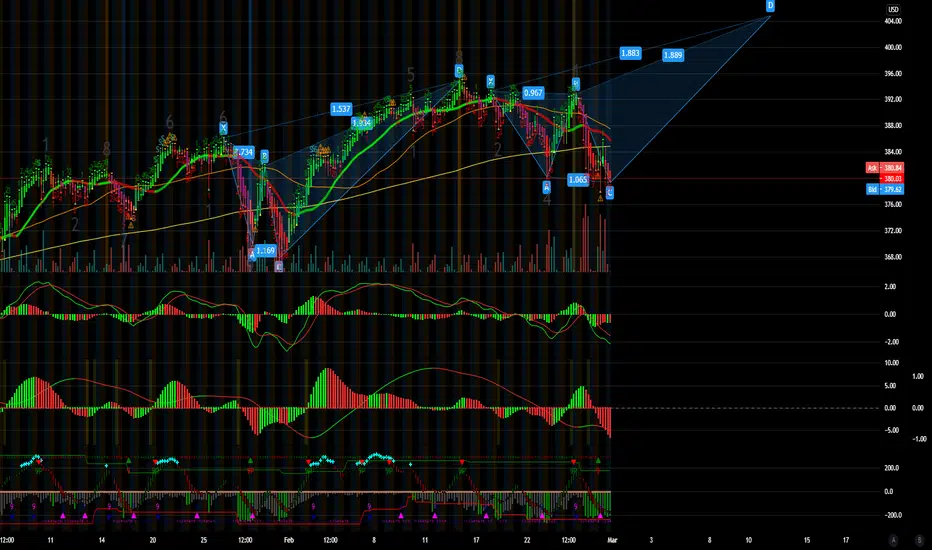Going to be an interesting week...
President Joe Biden's $1.9 trillion coronavirus relief plan is moving forward, raising hopes of another round of stimulus checks for most Americans. The House passed the bill early Saturday, and the legislation will now move on to the Senate.
The Senate is likely to take up the measure next week, and will need to iron out some wrinkles that have emerged during negotiations. The biggest hitch is a provision in the House measure that would raise the federal minimum wage to $15 an hour by 2025. The Senate bill is unlikely to include the increase after the Senate parliamentarian ruled Thursday that the pay hike can't be included in the upper chamber's version of the relief plan.
The bill would also boost weekly unemployment benefits from $300 to $400; provide funding for small businesses, schools, and cities and states; offer families with kids a tax break; and boost government spending on COVID-19 testing and contact tracing.
If the bill is passed by March 12, the Friday before extra jobless aid is set to expire, stimulus checks could begin hitting bank accounts anywhere from a few days to a week following that, based on the IRS' time frame for distributing the second round of stimulus checks in December.
President Joe Biden's $1.9 trillion coronavirus relief plan is moving forward, raising hopes of another round of stimulus checks for most Americans. The House passed the bill early Saturday, and the legislation will now move on to the Senate.
The Senate is likely to take up the measure next week, and will need to iron out some wrinkles that have emerged during negotiations. The biggest hitch is a provision in the House measure that would raise the federal minimum wage to $15 an hour by 2025. The Senate bill is unlikely to include the increase after the Senate parliamentarian ruled Thursday that the pay hike can't be included in the upper chamber's version of the relief plan.
The bill would also boost weekly unemployment benefits from $300 to $400; provide funding for small businesses, schools, and cities and states; offer families with kids a tax break; and boost government spending on COVID-19 testing and contact tracing.
If the bill is passed by March 12, the Friday before extra jobless aid is set to expire, stimulus checks could begin hitting bank accounts anywhere from a few days to a week following that, based on the IRS' time frame for distributing the second round of stimulus checks in December.
Disclaimer
The information and publications are not meant to be, and do not constitute, financial, investment, trading, or other types of advice or recommendations supplied or endorsed by TradingView. Read more in the Terms of Use.
Disclaimer
The information and publications are not meant to be, and do not constitute, financial, investment, trading, or other types of advice or recommendations supplied or endorsed by TradingView. Read more in the Terms of Use.
